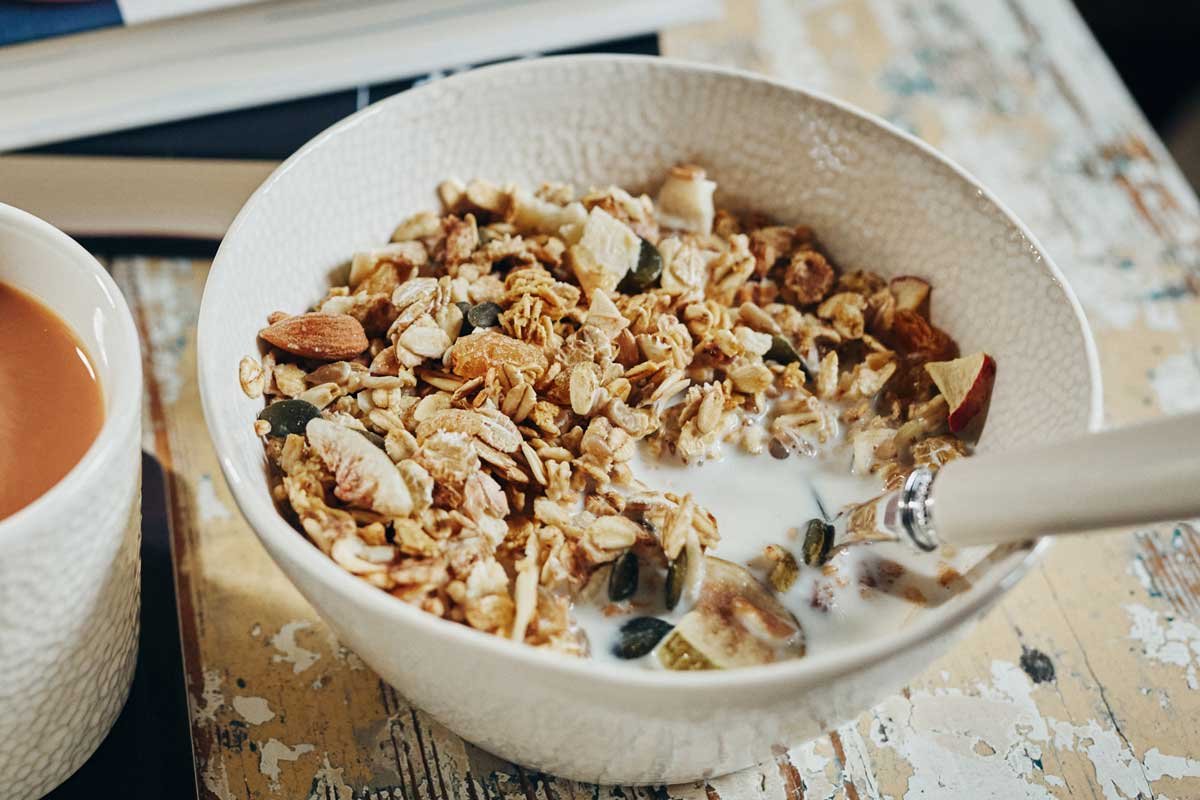7 Ways to Get a Better Night’s Sleep
Getting a good night’s sleep is one of the most important ways you can look after yourself. Your body needs adequate sleep to function properly, with side effects of poor sleep resulting in a negative effect on your hormones, exercise performance, brain function and weight gain.
Unfortunately, many people find it far too easy to fall into bad sleeping patterns. From overexposure to screens to the overconsumption of caffeine, there are plenty of ways that you can be preventing your body from having a good night’s sleep.
So how can you get back on track? Take a look at our top 7 ways to get a better night’s sleep for some tips and tricks on how to have some peaceful shut-eye.
-
Establish a Routine
Your body function is able to align itself with sunrise and sunset. If you’re consistent with when you go to sleep and when you wake up, it can help your sleep quality in the long-term. Try to resist a long lie-in on a weekend and try to wake naturally at a similar time each day.
-
Create a Sleepy Environment
Making sure that your bedroom is a quiet and relaxing space can go a long way towards a great night’s sleep. Try to minimise external noise and light (including artificial) wherever possible.
-
Eat Well & Early
Eating late at night can negatively impact your sleep quality and disrupt the release of growth hormones and melatonin. That being said, we’ve all heard that you should avoid eating carbs before bed, but a high-carb meal eaten a few hours before bedtime can actually help you to fall asleep faster.
-
Reduce Caffeine in Your Diet
While caffeine has numerous health benefits, including enhancing focus, energy and fitness performance, if you consume caffeine up to six hours before bed you’re risking a poor night’s sleep. When consumed late in the day, the stimulation of your nervous system will prevent your body from naturally relaxing at night. Caffeine stays in the blood for around six to eight hours – so try to switch to decaf after 3-4pm.
-
Exercise Early
Regular exercise is essential for a healthy body and mind and enhances all aspects of sleep – it’s even known for reducing symptoms of insomnia better than most medicine based cures. However, exercise has a stimulatory effect on the body and brain which increases alertness and hormones such as epinephrine or adrenaline. Try to keep your exercise to the daylight hours.
-
Don’t Drink Right Before Bed
It may be common sense, but drinking large amounts of liquid before bed can mean you’re waking up to go to the bathroom all through the night. Though hydration is important for your body to function properly, reducing the fluids you drink 1-2 hours before going to bed and making sure you visit the bathroom before you go to sleep can decrease your chances and waking in the night.
-
Reduce Blue Light Exposure
Perhaps the biggest challenge in the modern world, exposure to blue light can have a hugely negative impact on your sleep quality. Blue light can trick your brain into thinking it’s still daytime, reducing hormones such as melatonin which should help you to relax and have a deep sleep. Emitted from household devices such as smartphones, computers and televisions, blue light is difficult to get away from. Try to not watch television and turn off any bright lights two hours before heading to bed. If this isn’t realistic for you, you can download apps for most devices including your laptop and smartphone that block blue light for you.


